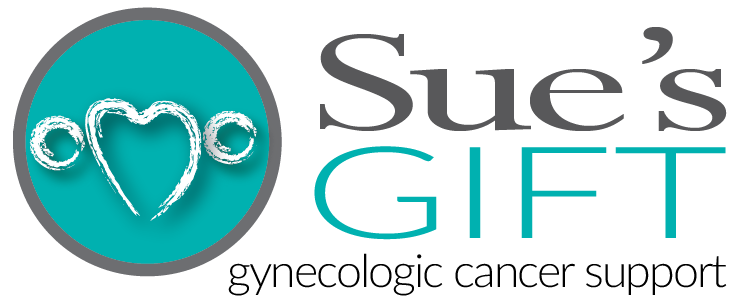Being Heard
“People start to heal the moment they feel heard.”
How many times have you talked with someone and realized they completely missed the point of what you shared? Few things feel better than someone hearing you, not just hearing the words, but hearing your struggle, frustration, or fear.
Do you know how many books are written about and even titled “The Art of Conversation?” There are so many. I have read about the two rules of having a conversation, four stages, five principles, five elements, five rules, nine tips, and of course, the golden rule of conversation (not interrupting while someone else is talking). I didn’t think conversations were that complicated or needed to be.
In recent years, smartphone use has eliminated or reduced the number of conversations with family members and friends. For interactions to be effective, they need to take place. A relatively new word (at least new to me) is phubbing, which combines the words “phone” and “snubbing.” It means “the habit of snubbing a physically present person in favor of a mobile phone.” I wonder what it would be like to say at dinner or over morning coffee, “This is a smartphone-free zone.”
Even without phubbing, many have lost the ability to communicate well. The complicated part may be in the listening. Listening means taking time, being genuinely present (not thinking about work or what is scheduled next week), and focusing on the other person.
It’s not hard to become an active listener, keeping a few simple things in mind: Put aside distracting thoughts. Use eye contact. Focus on words as well as body language. Avoid thinking about what you are going to say next. Don’t interrupt. Defer judgment. Summarize comments occasionally by saying, “Sounds like you are saying...” or, “What do you mean when you say…” or, “What I’m hearing is...”
We can effectively communicate with one another through honest sharing and active listening. We can tell a partner, “I don’t need you to fix this. I only need you to listen.” We can respond to a friend, “I’m here. Tell me what’s going on.” We can improve communication with medical staff by taking written questions to an appointment or having the courage to say, “I don’t understand what you said. Could you go over that again?”
But it can be difficult to share what is hurtful or frightening, not knowing if your family member, friend, or medical staff can hear your pain or fear. As a listener, it can be challenging to hear and acknowledge another’s struggle and find words that comfort and reassure.
Cheryl Richardson’s quote resonates with me: “People start to heal the moment they feel heard.” What does it feel like when a doctor remembers that you reported you would handle an upcoming surgery or medical procedure better with advance notice and specific information? What does it feel like when a family member recognizes this has been a challenging year and that your reactions aren’t typical? What does it feel like when someone understands the grief that makes your chest hurt and stomach ache? What does it feel like when your social worker says, “What you are feeling is normal, whether it’s rage, depression, or tearfulness. It may not be normal for you, but it's normal under these circumstances.”
It feels like validation. It feels like being heard. And now you can begin to move forward and to heal.
Leave feedback for the author here. (Comments are not posted online.)

